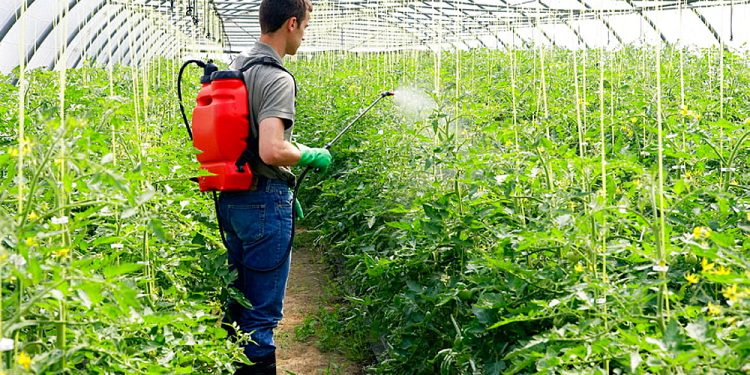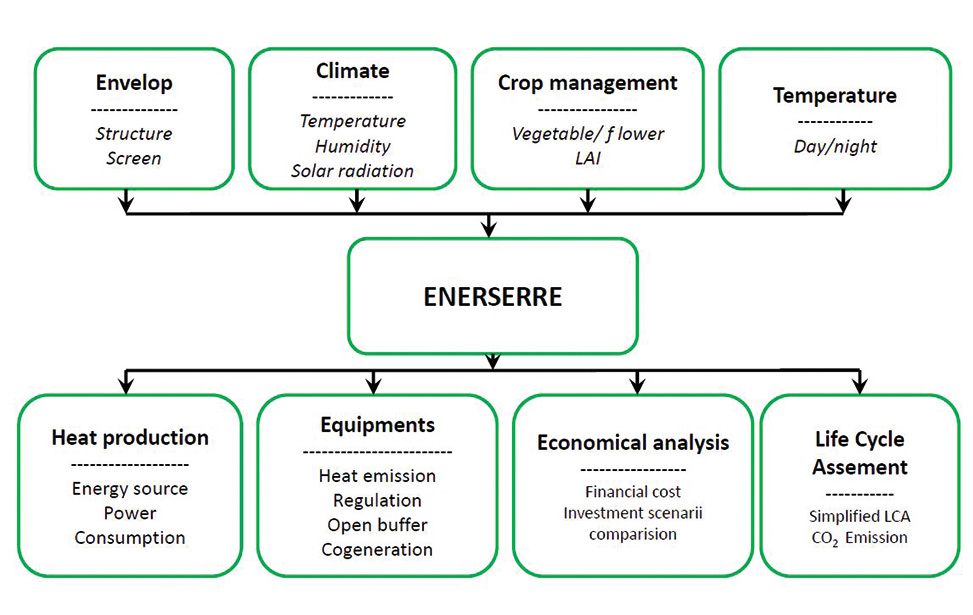#GlobalFoodSystem #FertilizerCrisis #Sustainability #Equity #AgroecologicalTechnologies #FoodSecurity #SmallholderFarmers #EnvironmentalImpact #ClimateChange #TransformingAgriculture
The global food system is plagued by unsustainable practices, inequality, and ecological damage. The skyrocketing prices of chemical fertilizers exacerbate these challenges, affecting small-scale farmers and threatening food security. This article explores the consequences of the fertilizer crisis, highlights the need for alternative agroecological technologies, and emphasizes the importance of transforming the global food system for a sustainable and equitable future.
The global food system is in dire need of transformation. Multinational corporations dominate the system, promoting unsustainable production and consumption patterns while generating significant waste at every stage. Moreover, this broken system contributes to massive greenhouse-gas emissions and deprives small-scale farmers of secure livelihoods. The most devastating consequence is the persistence of extreme hunger worldwide.
One major challenge within the food system is the global fertilizer shortage. In recent years, the prices of fertilizers have soared due to various factors, such as the rising cost of natural gas and geopolitical conflicts. However, it has become evident that companies have taken advantage of the crisis to exploit higher profit margins. The profits of the world’s largest fertilizer companies have doubled and even tripled in just a couple of years, while small farmers struggle to afford fertilizers.
The high fertilizer prices have led to a decline in usage among smallholder farmers, negatively impacting crop yields and domestic food security. This situation has prompted warnings from the United Nations, stating that the affordability crisis could soon become an availability crisis, disrupting global food supply chains.
To mitigate the fertilizer crisis, some governments have increased farmer subsidies, while others have implemented measures to encourage domestic fertilizer production. However, the use of chemical fertilizers comes with its own ecological problems, including greenhouse-gas emissions, soil degradation, ozone depletion, biodiversity loss, and air pollution. Knee-jerk responses that prioritize short-term affordability over long-term sustainability should be avoided.
Instead, governments should consider subsidizing alternative agroecological technologies that promote sustainable farming practices. These alternatives include crop rotation, natural fertilizers, and pesticides, which can reduce the reliance on chemical fertilizers while maintaining high yields. These technologies already exist and offer potential solutions to the current crisis.
While transitioning to agroecological approaches should be done carefully, evidence suggests that they can significantly boost productivity and soil quality. Private investment and foreign aid should be redirected towards supporting agroecological farming, rather than further promoting chemical fertilizers. Unfortunately, organizations like the Alliance for a Green Revolution in Africa (AGRA) continue to advocate for the increased use of chemical fertilizers, despite independent studies questioning their efficacy and the negative impact on smallholder farmers.
The transformation of the global food system, particularly the agricultural inputs and crops markets, is crucial to address the environmental challenges we face and mitigate the impacts of climate change. By reducing our reliance on chemical fertilizers and promoting sustainable practices, the current food crisis can become an opportunity for positive change. Such a shift will contribute to a more sustainable and equitable future, benefiting both small-scale farmers and the planet.












